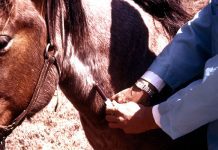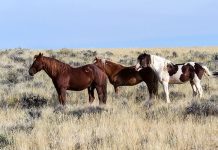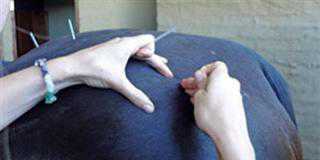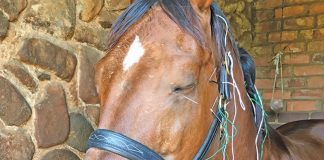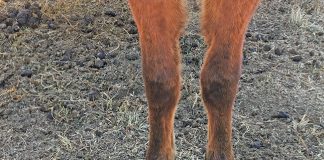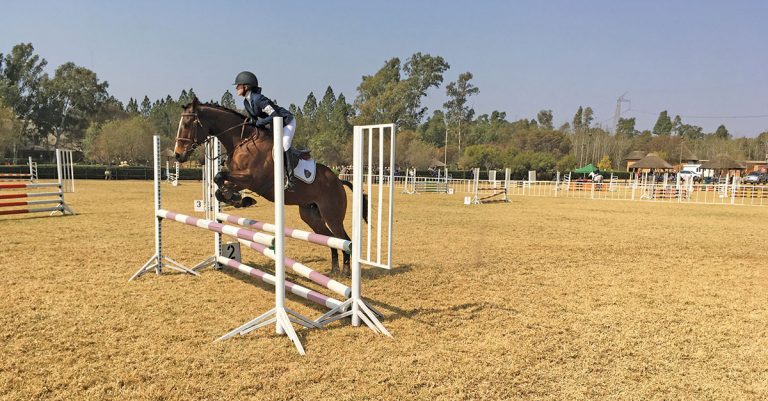
Photo: Dr Mac
Veterinarians and riders can react quite strongly to the suggestion that homeopathic remedies should be included in the routine treatment of horse ailments.
Their incredulity, anger and ridicule are in sharp contrast to the acceptance of both the principles and advantages of products that have proven their worth over the past few decades.
READ Producing cowboy-style workhorses naturally
Clinicians in both human and veterinary medicine have been taught the dictum of evidence-based medicine. However, the World Health Organization has regulations in place for quality control during the manufacture of homeopathic remedies and, in South Africa, homeopathic remedies for animals have been licenced under The Fertilizers, Farm Feeds, Seeds and Remedies Act (No. 36 of 1947).
One of the reasons why I, as a registered veterinarian, am happy to recommend homeopathic remedies is the Hippocratic dictum of “at least do no harm” when treating patients.
Several of the medications suggested for the relief of chronic diseases in equine athletes have severe side effects, while others have long withdrawal periods for competition horses.
Scheduled remedies are medications registered under the Medicines and Related Substances Control Act (No. 101 of 1965), and a veterinary prescription is required. Highly scheduled medications may only be administered by a veterinarian.
What are homeopathic remedies?
Modern homeopathy originated mainly from the experiments of a German physician, Christian Friedrich Samuel Hahnemann.
The basic tenet is that of similarity; a substance administered in very small doses can correct the physiologic imbalance of a diseased human or animal presenting signs of disease similar to those that the substance causes when tested in healthy animals or people.
READ African Horse Sickness: the great vaccine debate
This idea is not very different to the way allergies are ‘cured’ by administering very small doses of an allergen over a prolonged period. One of the key factors is serial dilution of the active ingredient using a logarithmic scale.
For instance, a 6C dilution is equivalent to a dilution of one part in one trillion. Scientists have only recently begun to understand the physiological mechanisms of homeostasis in living organisms and the influence of nanoparticles and concentrations at parts per billion on physiological processes.
Remedies available
The Eco-Vet range of homeopathic remedies were developed by a veterinarian and have been used for several decades.
They cover a wide range of chronic conditions, from nervousness and digestive disorders to chronic-pain relief, and are registered under Act No. 36. Several veterinary practitioners who are registered homeopaths also compound effective remedies on prescription, so you can ask your vet about them. All are easily administered orally in small doses and are very affordable.
Of all the homeopathic remedies I generally suggest to show riders, the homeopathic alternative Eco-Travel appears to work the best for loading show horses.
Clients have told me that their horses don’t only load easily, but they remain relaxed at the show, without losing their energy when asked to compete. This homeopathic remedy is also used for racehorses transported over long distances.
I have also found that Eco-Joint is popular for use on horses taking part in eventing, jumping and endurance riding. It is formulated for the prevention and treatment of soft-tissue injuries such as strains and sprains of tendons and ligaments.
Unlike non-steroidal and steroidal anti-inflammatory medication, there are no side effects when homeopathic remedies are used. There is also no withdrawal period before showing, and homeopathic medication can be used before and during shows to keep the horse’s joints working well.
Dr Mac is an academic, a practising equine veterinarian, and a stud owner.



